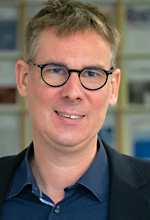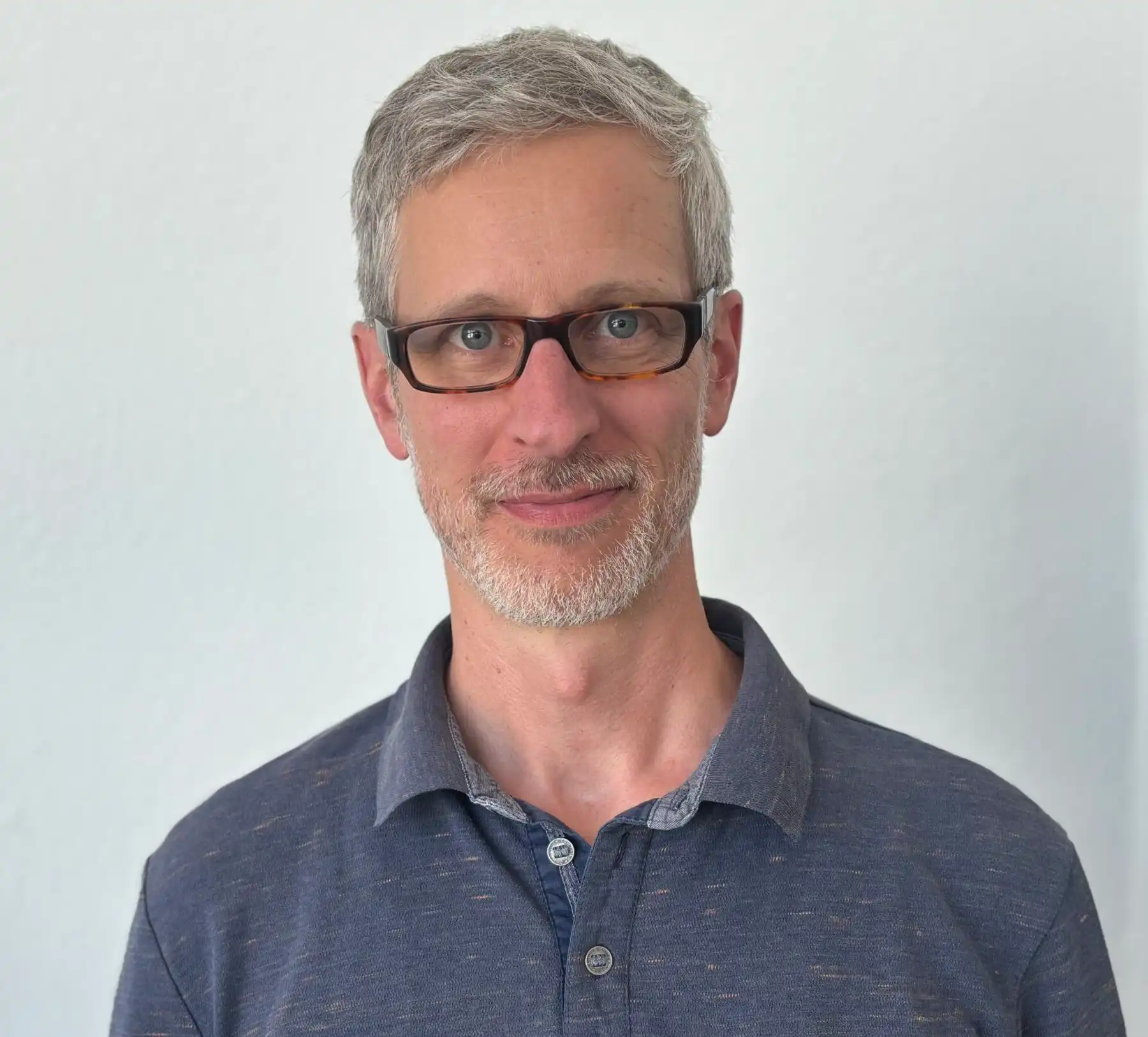Post
5 Min.
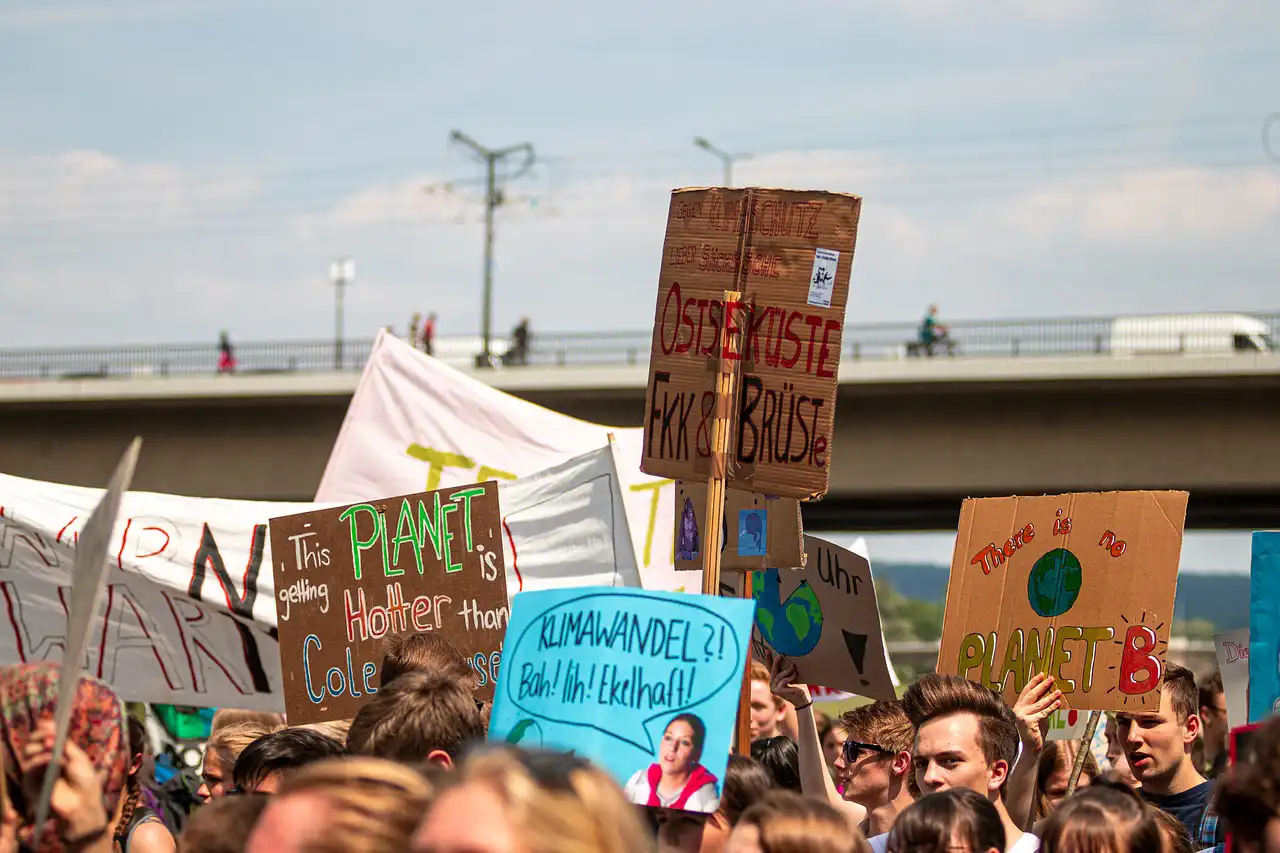
1. October 2025
Social-ecological transformation: Stuck between enthusiasm, resistance and unusual alliances
Between optimism and resistance: the socio-ecological transformation is dividing society. While some are calling for radical change, others want to prevent any environmental protection measures. Unusual alliances could help the transformation succeed.
At the end of June 2025, the Leibniz Research Network “Spatial Knowledge for Society and Environment – Leibniz R” – an association of eight research institutes in Germany – invited representatives from science and practice to discuss progress and backlashes in the socio-ecological transformation in Germany. More than 100 researchers and practitioners participated in the two-day colloquium in Berlin titled “Excessive Change – New departures and old contradictions in socio-ecological transformation”. The following text is the opening speech of Prof. Dr. Oliver Ibert, in cooperation wirh Prof. Dr. Thilo Lang:
“When we started with planning and organizing this event back in early 2024, we felt that the societal view on what has been called ‘socio-ecological transformation’ in response to global warming and other severe ecological crises has become increasingly ambiguous.
We can understand transformation as a collective societal endeavour to respond in the present to known fundamental threats. This is no ordinary response, but a radical societal change before the limits of existing adaptation systems are reached. This is a huge challenge, of course. It requires preventive action beyond incremental change with a comprehensive approach and a long-term perspective.
At that time, we felt, the Zeitgeist has passed a tipping point. It was no longer like “we need transformation – how do we do it and where do we start?”. Instead, we registered soon after the start early symptoms of transformation hangover resulting into an increasingly contradictory state of debate that has become even more controversial today.
“We can understand transformation as a collective societal endeavour to respond in the present to known fundamental threats. This is no ordinary response, but a radical societal change before the limits of existing adaptation systems are reached. “
– Prof. Dr. Oliver Ibert (IRS), Prof. Dr. Thilo Lang (IfL)
Social-ecological transformation: Some ask for a more radical change…
Some groups argue that despite considerable successes (increasing share of renewable energy production, electrification of carbon-based technologies, leaps in energy efficiency) the initiated change is still insufficient. The response comes too slowly, the changes are not radical enough. Ambitious goals were set … and subsequently postponed into the far future or put into question again.
Meanwhile the threats appear less abstract and come closer in historical terms. It is no longer future generations that will suffer from global warming, now it is us, here, now and tomorrow. Every year we witness new peaks of temperatures, global warming has already passed crucial thresholds (like the increase of the global average temperature of 1,5 degree Celsius), we count more extreme weather events and observe them in areas where they did not appear before. Heat waves and droughts affect people’s health and sometimes end lethally.
The diagnosis that we experience a climate crisis, however, has only gained some traction during the peak days of the Fridays for Future movement. Soon afterwards, it seems to have turned into a “creeping crisis”, a widely shared uncanny feeling that lacks the sense of urgency characteristic for true crises.
… for others, transformation is happening too quickly
Others argue, there is excessive change today. It is all too much. It is not possible to change everything at once. The majority of people is not on bord. We have to be more “realistic” with the transformation, we should not overstrain people, changes need to be affordable for those who have to pay their bills. Transformation destroys invested values and makes obsolete functioning infrastructure.
Proponents of this view express concerns that other societal values, like social justice or individual freedom are at stake if we overdo the ecological transformation. With regards to space, it is often said: let others transform first, they waste more energy then we do, or have better leverage due to a larger population.
Political opponents want to reverse transformation
Today, this more concerned part of the debate has gone one step further, has turned into outright opposition, if not destruction. We witness emerging political strategies that are no longer concerned with the pace of change, but that fundamentally question the necessity for transformative change at all.
Such forces propose a backlash towards what they regard as the good old times with their carbon-based technologies and allegedly “clean” nuclear energy. These political forces suggest to build back, for example wind turbines. They deny the multiple ecological crises against all evidence and an overwhelming expert assessment. Even worse, if we look to the US, we even witness that policy makers cut budgets for climate research – an act of purposeful ignorance to prevent new insights about what is going on. Nevertheless, these strategies are successful in the sense that they mobilize voters in the democratic competition of ideas and political concepts.
“Conservative preservative forces and progressive transformative position can form a powerful majority driving the transformation and building an alliance against reactionary forces. Currently in the German politics, however, we see the opposite: conservatives lost traction in supporting transformative policies.”
– Prof. Dr. Oliver Ibert (IRS), Prof. Dr. Thilo Lang (IfL)
Spatial sciences can contribute to a successful social-ecological transformation
For social scientific spatial research this state of debate an important backdrop. Transformation means rather different things, depending on the region, city or village we focus on. One challenge has always been to develop a coherent approach towards transformation with a multiplicity of different, if not divergent local approaches. Another challenge, how to come from (local) experiments to consolidated solutions that apply if not to the whole territory, then at least to many places.
Furthermore, the fundamental opposition against transformation also has a geography, the unequal geography of bitterness and despair, the conflict-ridden differences between urban and rural spaces. Is it possible, for example, to integrate regions whose inhabitants vote for political forces that oppose any attempt towards transformation? Or is local opposition perhaps something valuable – as it teaches us about the true concerns and foreground lines of conflict that need resolution?
“We are looking for novel ways of dealing with conflicting values and group interests, of uniting conservative and progressive positions with the same aim. Not playing out social and ecological issues, questions of individual freedom and solidarity, but rather finding more inclusive ways of transforming society.”
– Prof. Dr. Oliver Ibert (IRS), Prof. Dr. Thilo Lang (IfL)
How can we make use of a productive power fuelled by contradictions and tensions which are ultimately normal to grand transformations? How can we form a joint strategy with a multiplicity of sub-fields and approaches and avoid getting stuck in a culture war? In this respect, conservative preservative forces are equally important as progressive transformative positions, and both fields can form a powerful majority driving the transformation and building an alliance against reactionary forces. Currently in the German politics, however, we see the opposite: conservatives lost traction in supporting transformative policies.
We should start debates on the direction of socio-ecological transformation from two assumptions. First, you cannot negotiate with nature! Second, democracy is the best of all existing forms of government – despite some weaknesses and dysfunctionalities. Hence, a transformative agenda needs to be developed and implemented within the democratic system. What we are looking for is: novel ways of dealing with conflicting values and group interests, of distributing risks and wins among participants, of uniting conservative and progressive positions with the same aim. Not playing out social and ecological issues, questions of individual freedom and solidarity, but rather finding more inclusive ways of transforming society.
“We want to go beyond mere technological, not to say technocratic solutions, and instead delve deeper into the cultural and social groundwork of transformation. What are novel social practices that need to be spread?”
– Prof. Dr. Oliver Ibert (IRS), Prof. Dr. Thilo Lang (IfL)
Social-ecological transformation needs more than technological solutions
Another problem so far is perhaps that radical change so far has been connected with the promise that it is not necessary to change behaviours, technology will do the job. We can still have individual automobility though with an electric engine, or even better with conventional engines but green hydrogen fuel. These promises do no longer support acceptance but spur suspicion. They sound dishonest in the ears of those who fear to be disadvantaged. We want to go beyond mere technological, not to say technocratic solutions, and instead delve deeper into the cultural and social groundwork of transformation. What are novel social practices that need to be spread?
And finally, as social scientist with a spatial perspective we know appreciate approaches beyond one size fits all approaches and also beyond delegating responsibility elsewhere, to other countries or other regions. Many participants have rather different ideas in mind when it comes to transformation, because they represent different localities and regions. Nevertheless, change is needed everywhere, though not all the same kind of change.”
The Spatial Science Colloquium took place on 26–27 June 2025 in Berlin. The event is organised every two years by the research network ‘Spatial Knowledge for Society and Environment’, or ‘Leibniz R’ for short. Eight spatial research institutes participate in the network. The RWK has been held since 2005 and is aimed at interested parties from science, politics and administration to discuss current issues of spatial development and exchange perspectives.
Über diesen Artikel
Lesen Sie auch
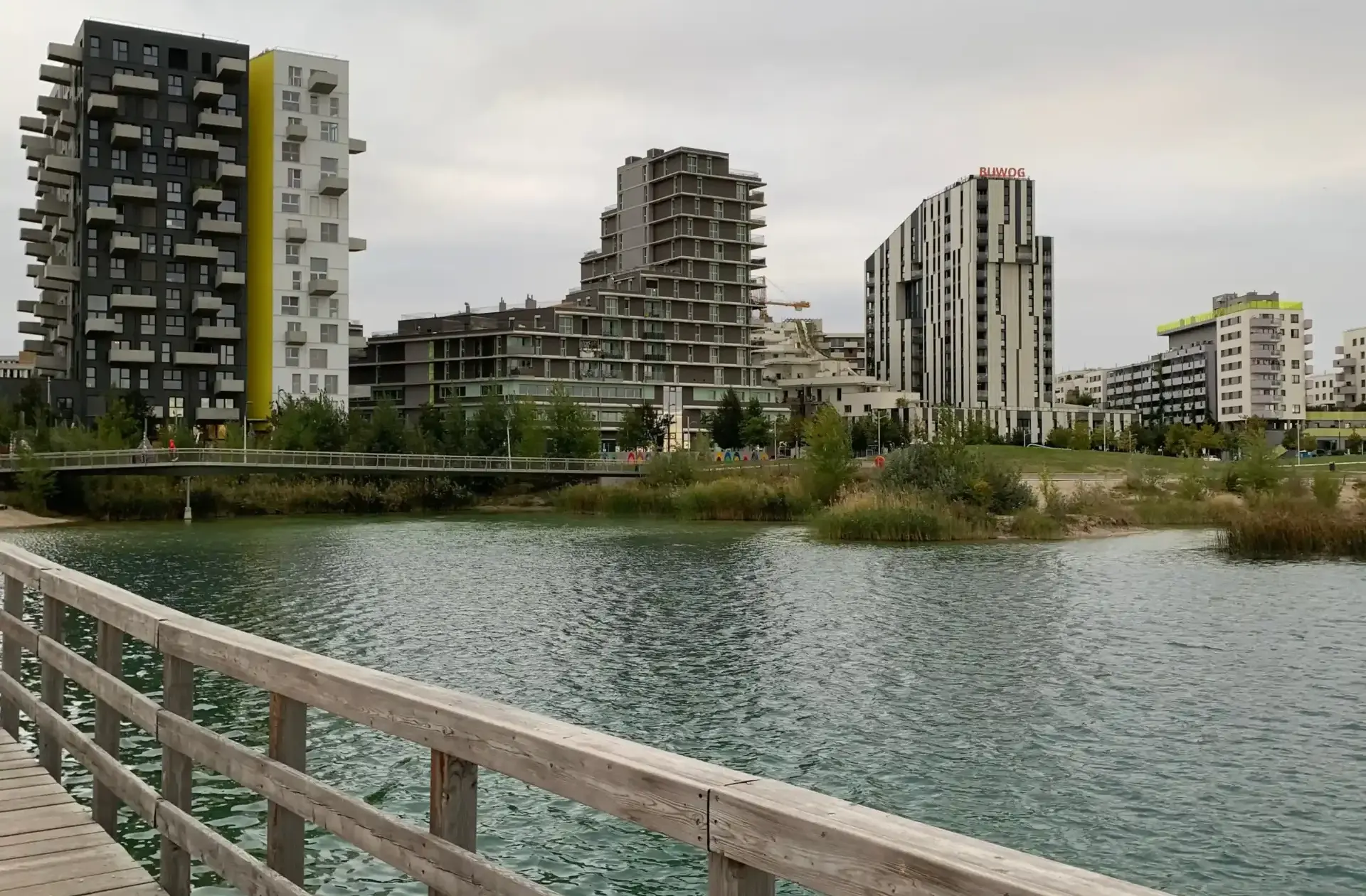
Healthy in the city: these places change our way of living
A 15-minute walk to work, school or the park – sounds wonderful, doesn’t it? But for many city dwellers, the reality is quite different. Parents in particular sometimes commute for over half an hour to work, make detours to pick up their children from daycare and regularly get stuck in traffic jams. This daily routine […]
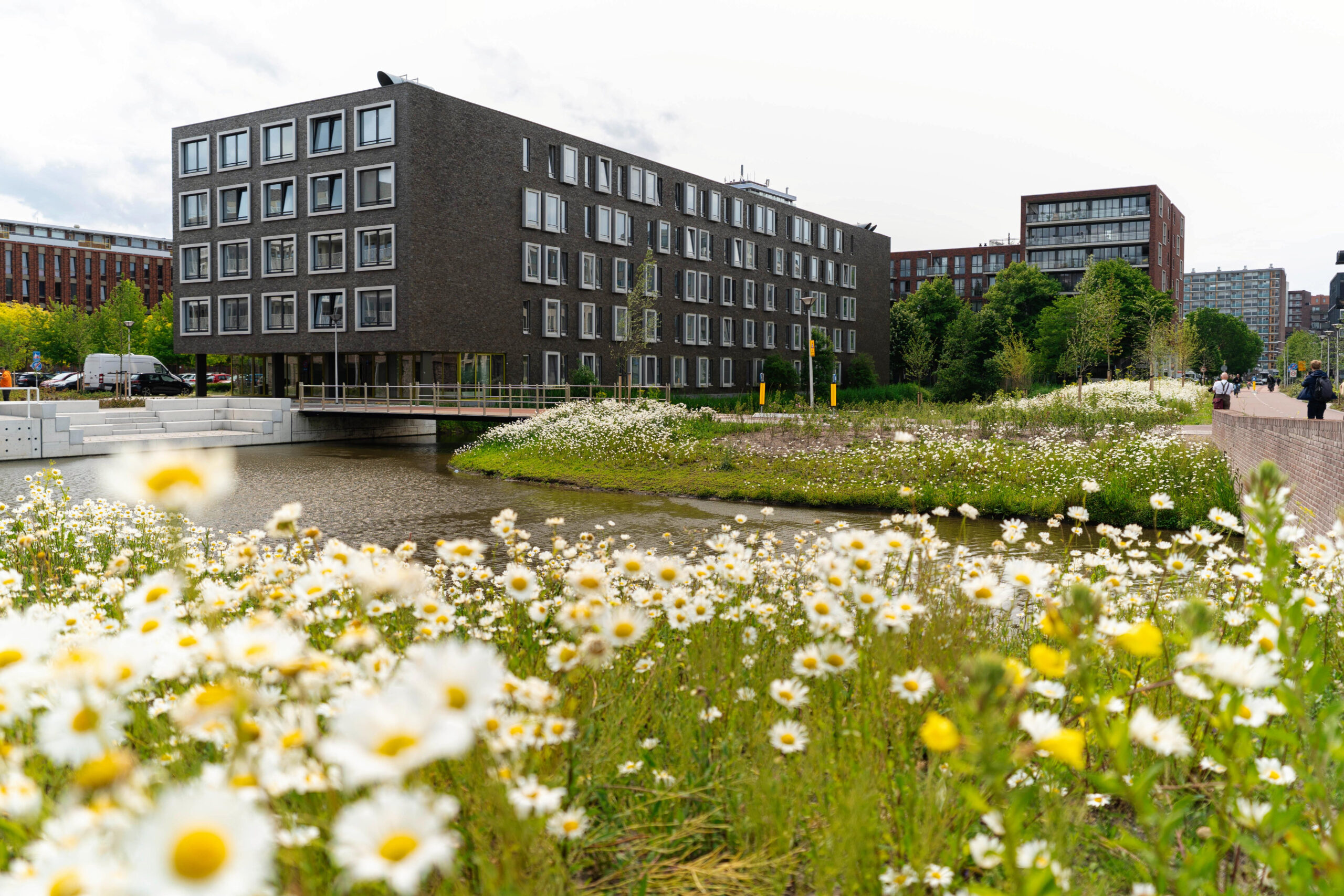
From street noise to equal opportunities: how cities can make us healthier
There are significant differences between cities in terms of how healthily people can live. Some cities set a good example and pay close attention to the health of their residents. Other neighbourhoods are very noisy, dangerous and have high levels of air pollution. There are fewer green spaces or suitable places to play and exercise. […]
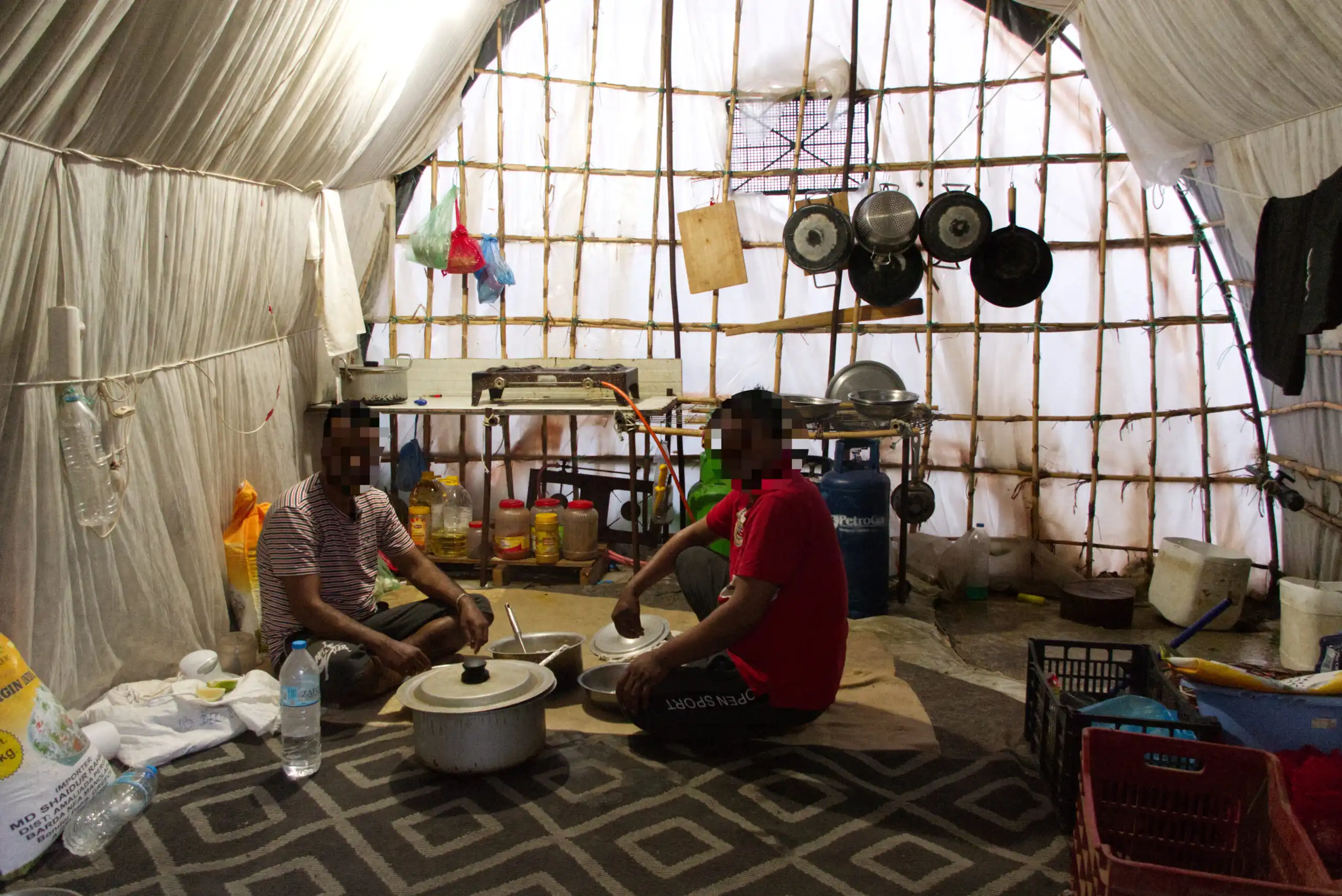
Greek strawberries “made in Bangladesh”
Strawberries are now also available to buy in winter. They thrive in Nea Manolada, Greece, but there are downsides to growing them. Scientist Johannes Jungfleisch has investigated the conditions of South Asian workers.

